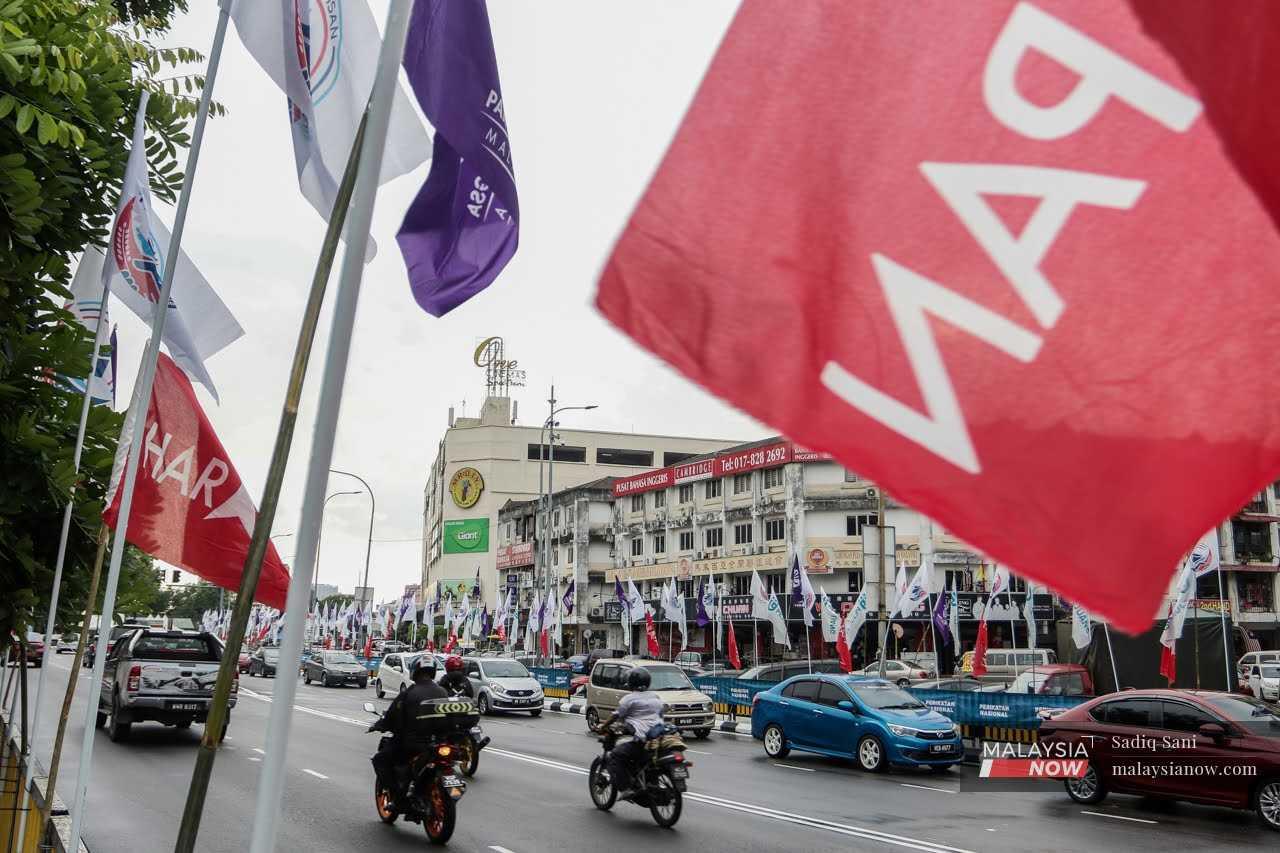Anti-political sentiments in the cross hairs ahead of polls
While the recent state elections have been marked by low voter turnouts, an observer says the people could still pull off a surprise at the Nov 19 election.
Just In
An observer has called for a careful study of anti-political sentiments ahead of the Nov 19 polls, saying these could be a comment on more than just the voter turnout on election day.
Drops in voter turnout were witnessed at both the Melaka and Johor state polls on Nov 20, 2021 and March 12, 2022, where the number of people participating in the election process was far lower than the target set by the Election Commission.
Both elections were held as the Covid-19 situation was brought under control, with the turnouts linked to an anti-political movement attributed to feelings of widespread discontent with politicians and politics as a whole.
Members of the public were seen as distancing themselves from political matters over dissatisfaction with the mainstream political system and the belief that such issues did not benefit the ordinary people.
Anis Anwar Suhaimi, chief researcher at O2 Research Malaysia, said a closer look was needed at the indicators expressed by the people.
He said a look at the country's election history would show that 11 of the 14 national polls held since independence were marked by a voter turnout of more than 70%, dipping to 69% for the first time only in 1995.
Meanwhile, the last two elections – GE13 in 2013 and GE14 in 2018 – saw voter turnouts of more than 80%.
"Such numbers showed a healthy democratic process in Malaysia," Anis told MalaysiaNow.
Nevertheless, he cautioned against comparing turnouts for general elections with those of state polls, saying the public sentiments, interests and considerations would vary accordingly.
He also noted that the latest state elections had been held during the Covid-19 pandemic, adding that voters might consider elections at this level of less significance than national polls.
Youth vote
Anis said it would be difficult to predict the voter turnout for GE15 as, for the first time at a general election, Malaysia would witness the involvement of the Undi 18 group – those aged 18 to 21 – who were automatically registered to vote.
At any rate, he said, it would be hard to top the turnouts recorded at GE13 and GE14.
"The people as a collective could still pull off a surprise," he said.
He said the voter turnout for GE15 would also depend on state-specific sentiments, especially in states that had decided against dissolving their legislative assemblies.
"The people will then decide whether to vote twice or to just choose one," he said.
He said there was no denying that some no longer cared about politics, feeling that there was no difference between the leaders of one party and the next.
But he said a large number of voters would likely head to the poll booth on Nov 19, in order to assess the record of the past three federal administrations.
"It's also important for parties and leaders to reflect and practise politics that will prioritise the interests of the people," he said.
Subscribe to our newsletter
To be updated with all the latest news and analyses daily.
